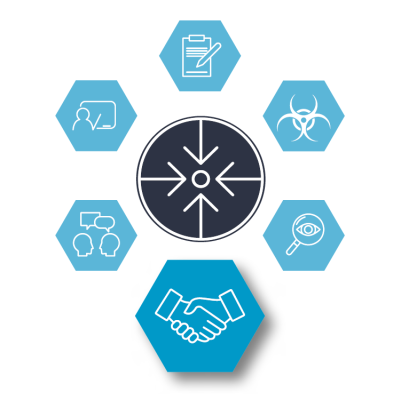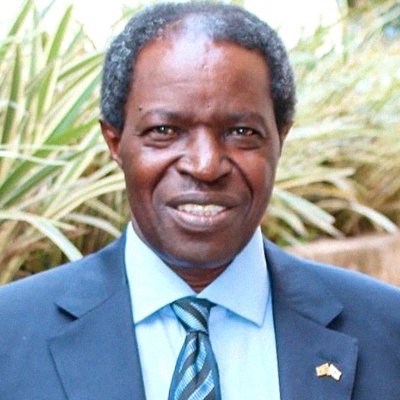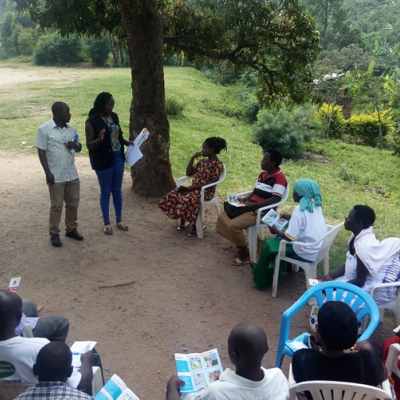Field Notes Blog

You'll Need This in Your Toolbox if You Want to Stop Future Zoonotic Spillovers
For the One Health approach to be successful in preventing future zoonotic spillovers, every sector and stakeholder must use the same risk language so that we are able to understand risks and address them together. Read more ›

The pandemic has reminded us that we can’t solely focus on preparedness and that preventing the next zoonotic spillover is just as important. Read more ›

To Reduce Disaster Risk, We Must Recognize and Address Complex Links Between Humans and Wildlife
If we want to prevent the next pandemic before it starts, we need to expand the concept of exposure and look at the larger picture. Read more ›

We have learned several big lessons from past experience about how changing food systems can help protect people from zoonotic viruses. Read more ›

USAID has made incredible investments in building expertise and infrastructure in One Health across the region, and STOP Spillover has the potential to leverage USAID’s investments and have a major impact. Read more ›

SEAOHUN Executive Director Dr. Vipat Kuruchittham: We Must Be United to Stop Future Pandemics
SEAOHUN and its country networks work together to develop a resilient and competent One Health workforce to effectively prevent, detect, and respond to infectious disease threats by leveraging education, research, and training excellence provided by member universities. Read more ›
Mapping Outcomes to Stop Spillovers
As the COVID-19 pandemic continues to impact our daily lives, most of us the world over now know what it takes to avoid getting sick. We can change our individual behaviors (e.g. wearing masks and avoiding indoor group gatherings) to help minimize the chance of being infected or infecting others. Read more ›

At STOP Spillover we know that outbreaks can start or stop at the country level, and that country-level and country-led interventions are key to preventing and reducing the impact of outbreaks. Read more ›